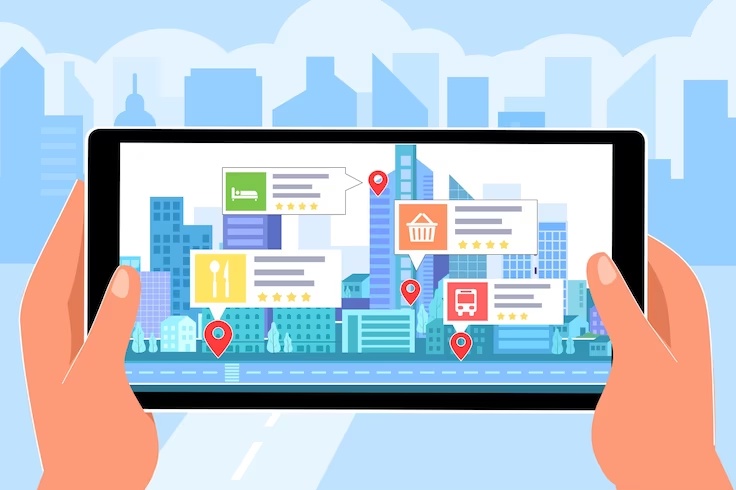Real estate apps have revolutionized the way people buy, sell, and rent properties. As technology continues to advance at a rapid pace, the future of real estate apps holds exciting possibilities. This article explores emerging technologies and trends that are set to shape the future of real estate apps, enhancing user experiences, streamlining processes, and transforming the industry.
-
Virtual and Augmented Reality: Virtual reality (VR) and augmented reality (AR) technologies are poised to transform the real estate industry. These immersive technologies allow potential buyers to virtually explore properties without physically being present. VR enables users to experience a property as if they were walking through it, while AR overlays virtual information onto the real world. These technologies provide a realistic and interactive experience, helping buyers make informed decisions remotely. Real estate apps integrating VR and AR capabilities will allow users to visualize properties, customize interiors, and even virtually stage homes with furniture and décor.
-
Artificial Intelligence and Machine Learning: Artificial intelligence (AI) and machine learning (ML) are revolutionizing various industries, and real estate is no exception. AI-powered real estate apps can analyze large volumes of data to provide valuable insights and predictions. ML algorithms can assist in property valuations, identifying market trends, and predicting future property values. Chatbots powered by AI can offer personalized assistance to potential buyers, answering queries and providing information on available properties. Additionally, AI can automate administrative tasks, such as scheduling property viewings and handling paperwork, streamlining the buying and selling process.
-
Blockchain Technology: Blockchain technology, known for its security and transparency, holds great potential for real estate apps. It can streamline property transactions by reducing paperwork, eliminating intermediaries, and ensuring secure and tamper-proof records. Blockchain-based smart contracts can automate and enforce property agreements, eliminating the need for traditional legal processes. This technology can also facilitate fractional ownership, enabling investors to buy shares in properties and trade them seamlessly. Real estate apps integrated with blockchain technology offer improved efficiency, reduced costs, and increased trust among buyers, sellers, and investors.
-
Internet of Things (IoT): The Internet of Things (IoT) is transforming the way buildings are managed and operated. IoT-enabled devices, such as smart thermostats, lighting systems, and security cameras, can enhance the functionality and sustainability of properties. Real estate apps can integrate with IoT devices, allowing users to control and monitor various aspects of their properties remotely. For example, users can adjust temperature settings, monitor energy usage, and receive alerts about security breaches. IoT-enabled real estate apps provide convenience, energy efficiency, and improved security for property owners and tenants.
Conclusion:
The future of real estate apps is bright, with emerging technologies and trends set to revolutionize the industry. Virtual and augmented reality will provide immersive experiences, enabling users to explore properties remotely. Artificial intelligence and machine learning will offer valuable insights and automate various processes, enhancing efficiency and user satisfaction. Blockchain technology will bring transparency and security to property transactions, while the Internet of Things will transform how buildings are managed and operated. By embracing these technologies, real estate apps will continue to streamline the buying, selling, and renting processes, making them more accessible, efficient, and user-friendly.
As the real estate industry evolves, it is essential for real estate app developers and industry professionals to stay abreast of these emerging technologies and trends. By leveraging these advancements, real estate apps can deliver exceptional user experiences and empower buyers, sellers, and investors with enhanced tools and capabilities. The future of real estate apps holds immense potential to transform the industry, making property transactions more seamless, transparent, and efficient than ever before.


No comments yet